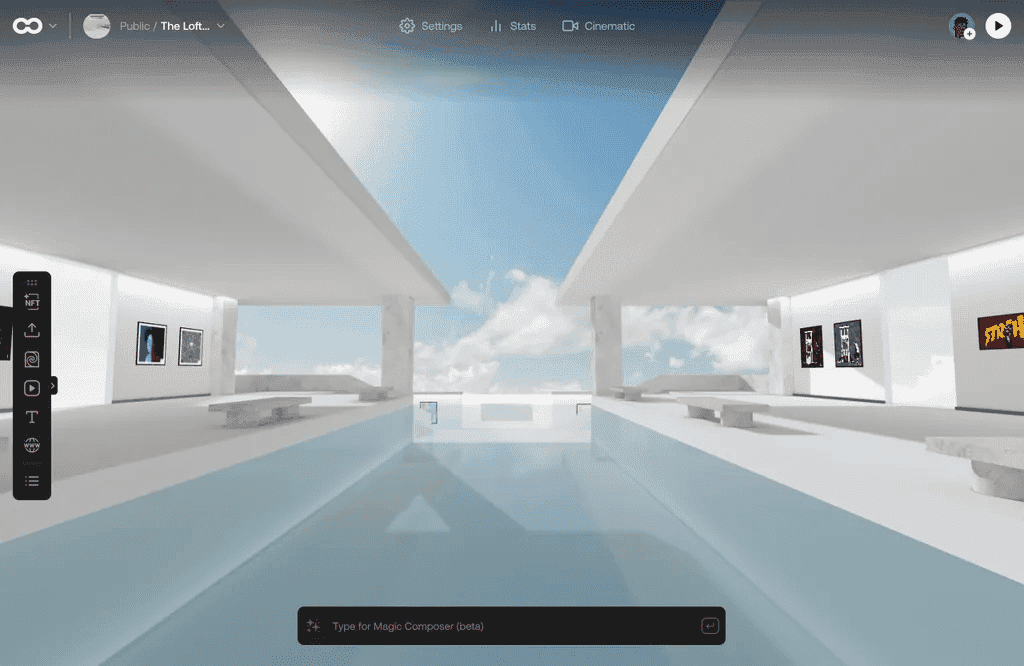It seems that much to Mark Zuckerberg’s displeasure, the metaverse was not the next big thing in the tech world – AI is. Still, the metaverse can be a thing of the future, as soon as it matures enough to attract the average consumers. As for AI, it seems like a big revolution happening right now thanks to OpenAI and its GPT tech. The ChatGPT chatbot has revamped the world and is attracting fans and partnerships across the world. It seems like an interesting tool for multiple scenarios, and in fact, it can be revolutionary even for the metaverse.
OpenAI already proved that its GPT is fast and smart enough to generate text and media in a seamless form with accuracy. Those building the metaverse are also seeing the rise of this tech as a great opportunity. The Web3 metaverse app developers already found a way to implement this technology. The developers revealed that its Oncyber can use an AI-powered tool called Magic Composer. It can allow users to create full words in the metaverse with simple text commands. The platform is a 3D world-building system with support for NFTs.
Introducing a GPT-powered AI tool for text to world building ✨
here’s a sneak peek, where your creativity can flow from your brain to web3D.
stay tuned for public access — notifs on 🫡,
🔽 for early access pic.twitter.com/0GzkpYoMBC— ᴏɴᴄʏʙᴇʀ (@oncyber) March 15, 2023
GPT tech enters the Metaverse
The feature makes use of the GPT 3.5 model and is promising. We just imagine how powerful it can turn with the new GPT-4. Well, users can interact with the platform and feel like they’re using ChatGPT. Instead of getting well-curated information from the web, Oncyber will use the text prompts to implement real-time tweaks to its worlds.

Users can drop a simple line of text on the Magic Composer, and Oncyber will do its magic in the metaverse. It can change the look and color of the sky, drop in an artist’s NFT works from your crypto wallet and etc. It can also customize the look and the size of picture frames of the world. This is just the beginning for this tool, more changes and upgrades will be added over time. As per the creator and head developer, the goal is to keep improving the feature. With Magic Composer, users will be able to port any dream they have into a 3D canvas. This is a big step of a major feature, and they are not far from reaching the goal.
The feature is quite promising and can turn the metaverse into something more interesting to overall users. We are curious to see if more platforms in this segment will embrace the rising AI. As we’ve said multiple times, it seems that OpenAI is ready to dominate the tech segment.





